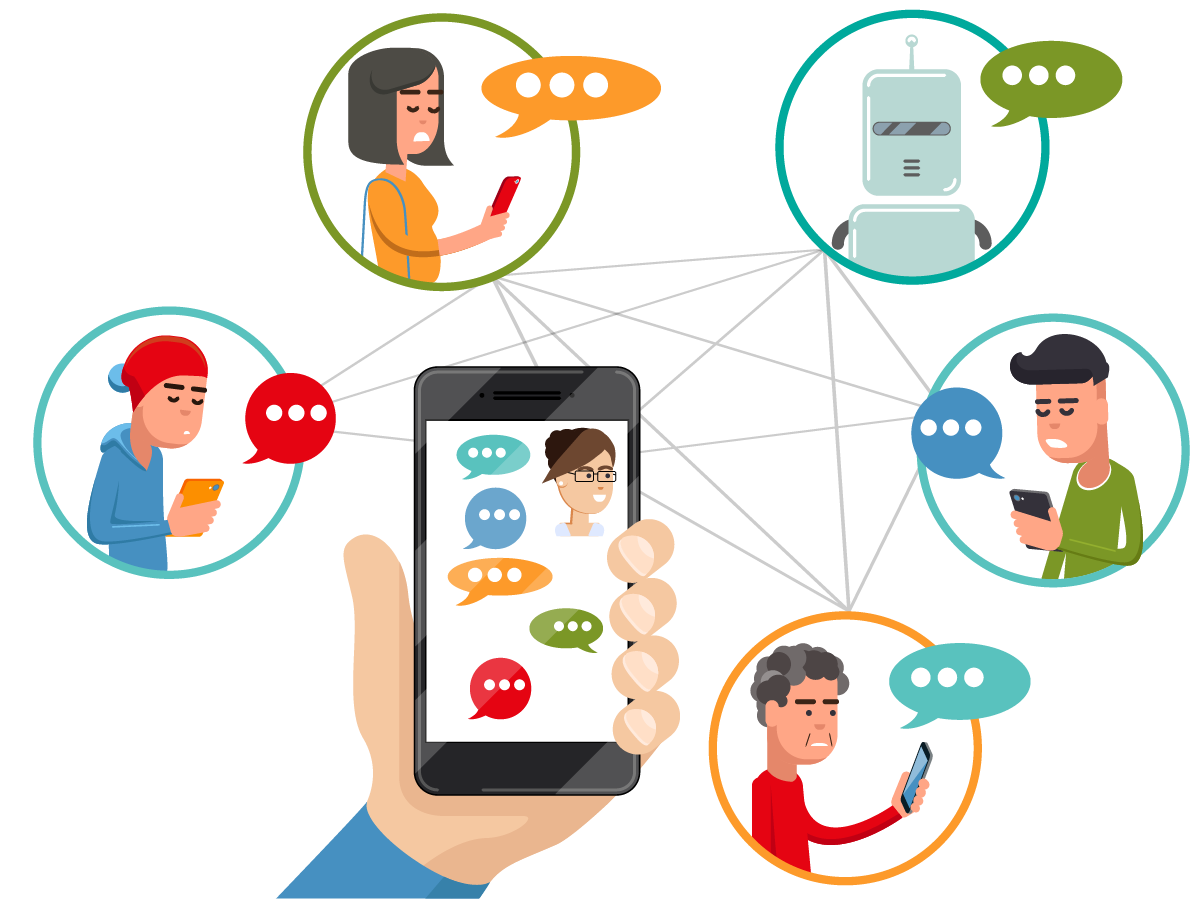Natural Language Processing–Based Virtual Cofacilitator for Online Cancer Support Groups: Protocol for an Algorithm Development and Validation Study

Natural Language Processing–Based Virtual Cofacilitator for Online Cancer Support Groups: Protocol for an Algorithm Development and Validation Study
- Authors: Yvonne W Leung, PhD; Elise Wouterloot, MA; Achini Adikari, BSc; Graeme Hirst, PhD; Daswin de Silva, PhD; Jiahui Wong, PhD; Jacqueline L Bender, PhD; Mathew Gancarz, MMSc; David Gratzer, MD; Damminda Alahakoon, PhD; Mary Jane Esplen, PhD
- Published in: JMIR Research Protocols, Volume 10, Number 1, 2021, DOI: 10.2196/21453
- Funding Source: Ontario Institute for Cancer Research Cancer Care Ontario Health Services Research Network
Cancer and its treatment can significantly impact the short- and long-term psychological well-being of patients and families. Emotional distress and depressive symptomatology are often associated with poor treatment adherence, reduced quality of life, and higher mortality. Cancer support groups, especially those led by health care professionals, provide a safe place for participants to discuss fear, normalize stress reactions, share solidarity, and learn about effective strategies to build resilience and enhance coping. However, in-person support groups may not always be accessible to individuals; geographic distance is one of the barriers for access, and compromised physical condition (eg, fatigue, pain) is another. Emerging evidence supports the effectiveness of online support groups in reducing access barriers.
Text-based and professional-led online support groups have been offered by Cancer Chat Canada. Participants join the group discussion using text in real time. However, therapist leaders report some challenges leading text-based online support groups in the absence of visual cues, particularly in tracking participant distress. With multiple participants typing at the same time, the nuances of the text messages or red flags for distress can sometimes be missed. Recent advances in artificial intelligence such as deep learning–based natural language processing offer potential solutions. This technology can be used to analyze online support group text data to track participants’ expressed emotional distress, including fear, sadness, and hopelessness. Artificial intelligence allows session activities to be monitored in real time and alerts the therapist to participant disengagement.
We have developed and are evaluating an artificial intelligence–based cofacilitator prototype to track and monitor online support group participants’ distress through real-time analysis of text-based messages posted during synchronous sessions.
This study received ethics approval in August 2019. Phase 1, development of an artificial intelligence–based cofacilitator, was completed in January 2020. As of December 2020, phase 2 is underway. The study is expected to be completed by September 2021.
